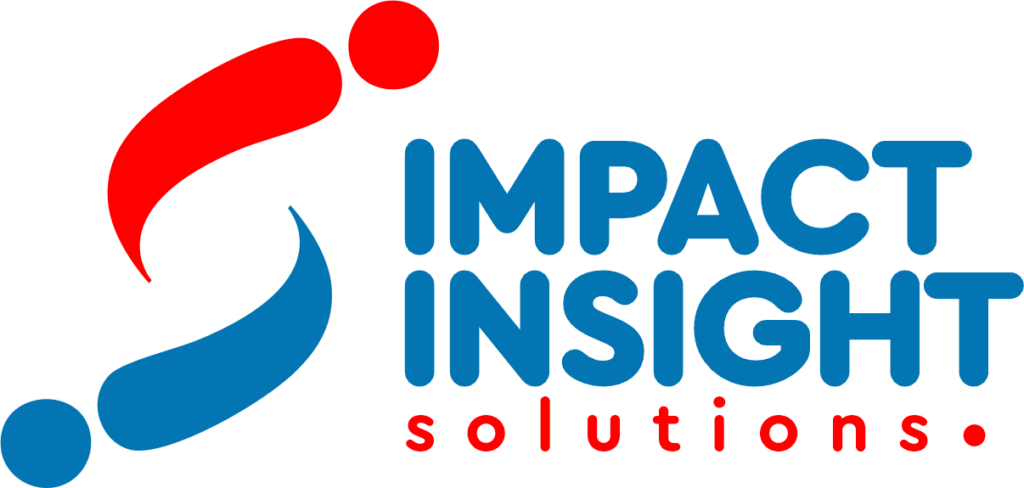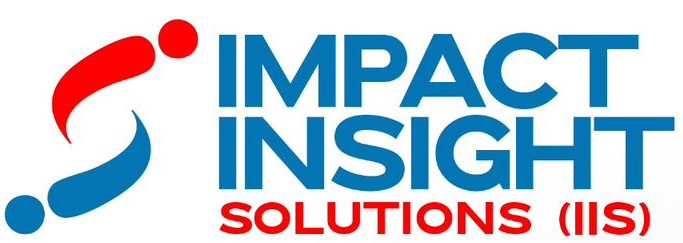
Career resilience is the ability to adapt and bounce back in the face of unexpected challenges and changes in the professional sphere. It involves developing a mindset and skill set that allows individuals to thrive in times of uncertainty.
The Foundations
Having a growth mindset is key to building career resilience. It involves embracing challenges, viewing failures as opportunities for growth, and believing in the capacity for continuous learning and improvement. Cultivating a growth mindset enables individuals to adapt to new situations, acquire new skills, and overcome obstacles with determination and flexibility.
Self-awareness plays a vital role in building career resilience. By understanding one’s strengths, weaknesses, values, and passions, individuals can make informed decisions about their career paths. Self-awareness allows professionals to capitalize on their strengths and take proactive steps to address their weaknesses—ultimately guiding them towards a more resilient and fulfilling career.
Maintaining a positive attitude towards change and uncertainty is essential for building career resilience. It involves embracing new opportunities, remaining optimistic in the face of adversity, and staying adaptable. Having a positive attitude allows individuals to approach challenges with resilience, creativity, and a willingness to learn and grow.
Assessing Personal and Professional Goals
In dynamic environments, setting long-term career goals becomes more challenging but also more important. Individuals need to regularly reassess and adapt their goals to align with the changing landscape. By establishing clear and flexible long-term goals, professionals can maintain a sense of direction and purpose, even amid uncertainty.
Alongside long-term goals, identifying short-term milestones is crucial too. These milestones act as stepping stones and checkpoints, helping individuals track their progress, make necessary adjustments, and remain adaptable. By breaking down long-term goals into manageable steps, professionals can stay focused and resilient on their career journey.
Developing a Diverse Skill Set
In a rapidly changing job market, acquiring transferable skills is vital for career resilience. Transferable skills, such as communication, problem-solving, and leadership abilities, are valuable across industries and can be applied to a variety of job roles. Developing a diverse skill set equips professionals with the versatility and adaptability needed to thrive amidst change and uncertainty.
Continual upskilling and reskilling are essential for maintaining career agility and adaptability. By staying updated with industry trends and technological advancements, professionals can identify emerging skill gaps and actively acquire new knowledge and expertise. Upskilling and reskilling not only enhance career resilience but also open doors to new opportunities and career growth.
Building a Strong Professional Network
Building and leveraging a strong professional network is paramount in career resilience. Engaging with like-minded professionals, industry experts, and mentors can provide valuable insights, support, and opportunities for growth. Networking allows individuals to expand their circles, stay connected to industry developments, and be part of a supportive community that fosters resilience.
Beyond mere connections, cultivating meaningful relationships within the industry is essential for career resilience. Developing genuine relationships based on trust, mutual support, and collaboration creates a support system amid challenges. These relationships foster resilience by providing emotional support, mentorship, and a platform for learning and sharing ideas.
Risk-Taking and Embracing Change
To build career resilience, individuals must overcome the fear associated with change and uncertainty. Embracing change as an opportunity for growth and innovation allows professionals to flex their resilience muscles. It involves adopting a mindset that views change as a springboard for personal and professional development, rather than a source of anxiety.
Calculated risk-taking is an essential element of building career resilience. It involves carefully assessing potential risks and rewards and making informed decisions. By embracing calculated risks, professionals can seize new opportunities, challenge themselves, and propel their careers forward—even in the face of uncertainty.
Managing Stress and Work-Life Balance
Managing stress is crucial for maintaining career resilience. Strategies such as practicing mindfulness, setting boundaries, prioritizing self-care, and seeking support can help individuals navigate through turbulent times with greater ease. By managing stress effectively, professionals can maintain their well-being and perform optimally in their careers.
Achieving a healthy work-life balance contributes to long-term career resilience. By setting boundaries, maintaining self-care routines, and dedicating time to personal interests and relationships, professionals can prevent burnout and sustain their resilience over time. Cultivating a healthy balance between personal and professional responsibilities allows individuals to thrive holistically in the face of change and uncertainty.
Adaptability and Flexibility in the Workplace
Adaptability is a cornerstone of career resilience in a dynamic work environment. Being open to change, embracing new technologies, and swiftly adapting to evolving circumstances allow professionals to remain valuable assets to their organizations. Embracing adaptability not only helps individuals navigate change with ease but also positions them for continued growth and success.
Flexibility is key to thriving in changing work conditions. It involves being open to new tasks, roles, and responsibilities, even if they differ from initial expectations. Developing flexibility allows professionals to remain relevant, adaptable, and resourceful amidst evolving workplace dynamics, fostering long-term career resilience.
Resilience in Career Setbacks and Failures
Resilience is particularly critical when facing setbacks or failures. Cultivating resilience involves reframing setbacks as learning opportunities, maintaining self-belief, and developing strategies for bouncing back. By embracing a resilient mindset, professionals can persevere, learn from challenges, and continue moving forward on their career paths.
Failure presents an opportunity for growth and resilience. Learning from failures involves reflection, self-awareness, and leveraging lessons to improve performance and decision-making. By embracing failure, individuals can bounce back stronger, armed with newfound knowledge and resilience to thrive in their careers.
Emotional Intelligence for Career Resilience
Emotional intelligence is a valuable asset for career resilience. It encompasses skills such as self-awareness, empathy, and effective communication. Individuals with high emotional intelligence can navigate relationships, manage conflict, and adapt to changing circumstances with grace. Cultivating emotional intelligence enhances career resilience by promoting positive interactions and fostering strength in the face of challenges.
Developing emotional intelligence skills allows professionals to communicate effectively, navigate conflicts, and make informed decisions. By honing emotional intelligence, individuals can build strong relationships, navigate change, and lead with empathy and resilience—essential qualities for career growth in uncertain times.
Building Confidence in Uncertain Times
Boosting self-confidence is crucial for career resilience in a volatile job market. Strategies such as celebrating achievements, seeking feedback, embracing continuous learning, and visualizing success can help individuals maintain confidence and resilience. By cultivating a strong sense of self-belief, professionals can navigate uncertainty, overcome challenges, and seize new opportunities.
Imposter syndrome and self-doubt can undermine career resilience. Overcoming these challenges involves recognizing achievements, reframing negative self-talk, and seeking support and validation. By addressing imposter syndrome and self-doubt head-on, individuals can build confidence, embrace challenges, and cultivate resilience in their careers.
Building Resilient Leadership Qualities
Leadership skills are indispensable for navigating change and uncertainty. Great leaders inspire and guide their teams through challenging times, fostering a resilient and adaptable culture. By nurturing leadership skills, professionals can influence positive change, inspire resilience in others, and drive success even in tumultuous circumstances.
Building resilient leadership qualities involves inspiring and motivating teams during challenging times. Leaders must foster open communication, provide support, and instill a sense of purpose and confidence in their teams. By creating a resilient and supportive work environment, leaders empower their teams to navigate change and uncertainty with resilience and determination.
Resilience and Career Transitions
Navigating career transitions requires resilience, particularly in uncertain times. Individuals must embrace change, acquire new skills, and adapt to different work environments. By approaching transitions with resilience, professionals can capitalize on new opportunities, grow their skill sets, and successfully navigate career transitions, even amidst uncertainty.
Successfully pivoting careers involves careful planning, acquiring new skills, and leveraging existing strengths. Individuals must identify transferable skills, seek relevant experiences, and connect with industry professionals. By adopting a strategic and resilient approach, professionals can navigate career pivots with confidence and set themselves up for success in new fields.
The Role of Mentors and Coaches
Mentors and coaches play a crucial role in career development and resilience. They offer guidance, support, and valuable insights based on their experiences. Mentors provide valuable advice and encouragement, while coaches offer personalized strategies for building resilience and achieving career goals. Leveraging the wisdom and expertise of mentors and coaches is invaluable in fostering career resilience.
Seeking guidance and support from mentors and coaches helps professionals build resilience and navigate career challenges with confidence. Mentors and coaches provide objective perspectives, valuable feedback, and strategies for growth and adaptation. By proactively seeking guidance, individuals can leverage the expertise of these trusted advisors and foster career resilience.
Leveraging Technology for Career Growth
Technology offers numerous opportunities for personal and professional growth, particularly in uncertain times. Professionals can leverage online learning platforms, virtual networking events, and digital tools to acquire new skills, stay connected, and remain adaptable. By embracing technology, individuals can enhance their career resilience and remain competitive in rapidly evolving industries.
Remaining updated on industry trends and digital advancements is vital for career resilience. Professionals need to stay informed about technological disruptions, industry shifts, and emerging opportunities. By actively seeking knowledge and staying ahead of the curve, individuals can position themselves as valuable assets in an ever-changing professional landscape.
Cultivating a Continuous Learning Mindset
Continuous learning is a cornerstone of career resilience. In a rapidly changing world, professionals must continuously acquire new skills, knowledge, and perspectives. Embracing a mindset of curiosity and self-improvement allows individuals to stay adaptable, find innovative solutions to challenges, and remain resilient throughout their careers.
Embracing educational opportunities, whether through formal courses, online learning, or self-study, fosters personal growth and career resilience. By seeking out relevant educational experiences, individuals can expand their skill sets, knowledge, and networks. Embracing lifelong learning becomes a catalyst for building career resilience in dynamic and uncertain times.
Resilience and Workforce Automation
Workforce automation is transforming industries and job roles. To thrive in this changing landscape, professionals must adapt to automation and technological advancements. Embracing automation involves acquiring new skills, redefining job roles, and staying agile in response to evolving workplace demands. By embracing these changes, individuals can remain relevant and resilient in an automated workforce.
Upskilling is crucial for remaining relevant in an automated workforce. Professionals must identify the skills that will be in demand and actively acquire them. By proactively upskilling, individuals can reimagine their roles, adapt to changing work dynamics, and position themselves as valuable contributors in the automated era. Upskilling ensures career resilience in the face of automation.
Summary
Career resilience is essential for thriving in times of change and uncertainty. By developing a growth mindset, cultivating self-awareness, adapting to change, and embracing continuous learning, professionals can build solid foundations for resilience. Strategies such as setting clear goals, acquiring diverse skills, building strong networks, and embracing challenges further contribute to career resilience.
Building career resilience enables individuals to navigate through turbulent times with confidence, adaptability, and growth. It provides professionals with the tools to thrive amidst uncertainty, seize opportunities, and emerge stronger. The long-term benefits of career resilience include personal fulfillment, increased employability, and the ability to navigate and shape one’s career journey with resilience and purpose.





